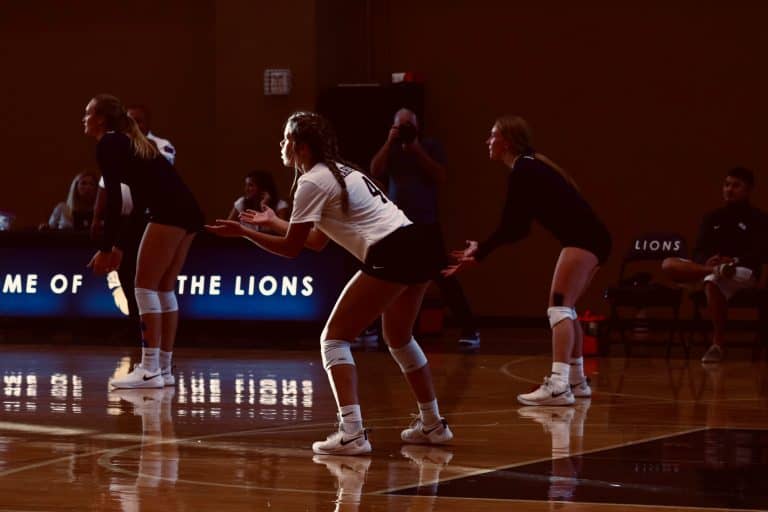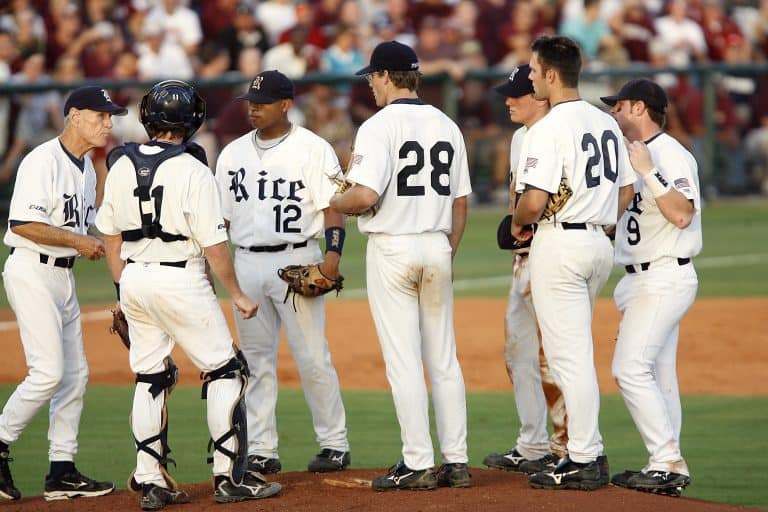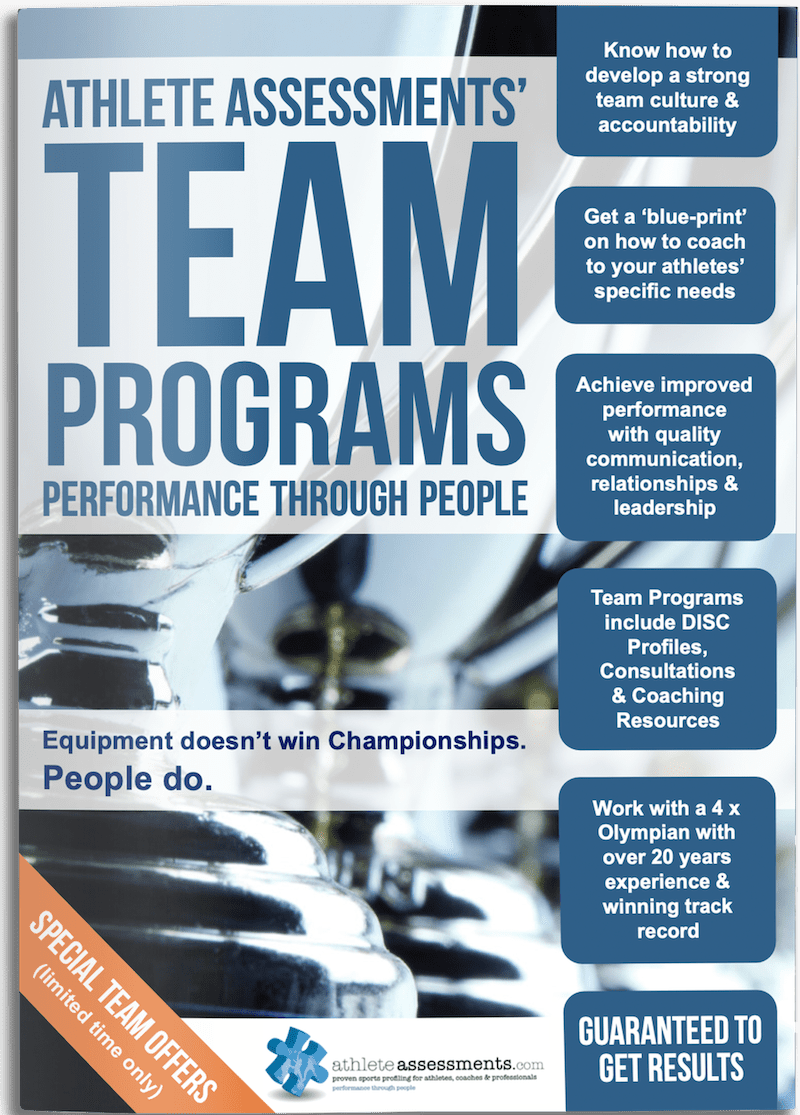Aspiring to be the best of the best, produce a personal best, or win a championship, underscores most athletes’ goals for any given season. But what are the differences in everyday behavior, the way we go about practice, or the elements we measure ourselves against beyond the scoreboard, that take us to the top of our competition to become champions?
The McGill-Toolen Catholic High School ‘Dirty Dozen’ Women’s Volleyball team, made the leap from runner up to state champions during their most recent 2022 season, a return to victory they had be chasing since their back-to-back title in 2017 and 2018.
In the seasons before their 2017 win the team had finished just shy of a victory, as runners up or in the final four. It seemed the elusive championship win was just out of their reach; until it wasn’t.
So what led to the team’s success in 2017? Kate Wood, who is entering her tenth season in 2023 as Head Coach of the program reflected on that time,
“It was pretty painful. It took us three years to get to where we wanted to be. We were semifinalists, finalists, then semifinalists again. That third year when we were semifinalists; it was hard, and I had to look in the mirror and say, ‘Okay, there’s something I’m not doing right.’ I was really fortunate to have a group of girls that wanted to win as desperately as I did, and they were willing to help their coach and themselves transform by doing some things differently.”
Kate continued,
“For a long time, we focused on results. We changed that year and really emphasized the controllable variables, ‘What can we control?’ I know everyone talks about that, but I would say that the 2017 team lived it more than anyone else. I mean, they could feel it. We had these four core principles that we wanted to control, and they had nothing to do with volleyball.”
“We said, ‘Okay, let’s rate ourselves on these four things, and then let’s see what happens.’ The team had to be really honest with themselves to do that, which was probably the first big shift we felt.”
Kate shared that this process really cemented what her team is about, sharing what she sees as being the defining difference in her team’s consistent success,
“Our kids are known to have a fearlessness about them. Opponents know they’re going to play a well prepared and physically strong team when they play us. Our girls are relentless, so I would say that probably sets us apart from other programs around the state.”
Even though McGill-Toolen is classed as a high school, the school operates similarly to a small college with a president, advancement office, and a principal, who Kate highlights has a desire to be the best at everything, a sentiment which Kate resonates strongly with. Kate laughed,
“Physics, sport, music; you name it, she wants to be number one. I’m highly competitive, so my boss really does speak my love language.”
Focusing on non-technical skills and how these translate into everyday behavior has been a core part of the long-term improvement process for Kate’s team. As we often find with teams who are competing and achieving at their highest level, they are constantly looking for ways to continue to raise and build on their own standards. So to take the next step in their development, Kate turned to Athlete Assessments at the start of their 2019 season, to harness our expertise in the people side of sport through our tailored Team Program.
Athlete Assessments’ Team Programs include a foundation of tailored consultations via video conference with four-time Olympian, three-time Olympic Medalist, Founder, and Director of Athlete Assessments, Bo Hanson. Prior to the consultations starting, the athletes and coaches are required to complete their own AthleteDISC or CoachDISC Profile. The DISC Profiling provides a framework for each individual to become aware of their individual strengths, motivations, style of communicating, and the pace at which they prefer to do things. It also provides a common language to understand others and build more effective relationships in the team through improved communication.
Like the rest of the world, when the team’s season was put on hiatus during the 2020 pandemic, so too was the program. But when they returned in 2021, they did so with a renewed appreciation for their game, and an even greater drive to take the team’s achievements to new heights.
When we restarted with the team in 2021, Bo first worked with Kate and her assistant coaches to review their own coaching styles and dynamic, before then looking at the current team’s profiles, individually and as a group. Reflecting on the benefits of using the DISC with her coaching team Kate shared,
“I am so different than my two assistant coaches, and in 2021, our assistant coach was new to the program, so having her profile helped immensely because I was able to understand what was really going to stress her out. I am a, ‘Here’s the problem, figure it out, let’s go.’ By using DISC, I learned with her that she wants time to analyze and think on things. I learned that I should present her with problems, tasks, and issues, let her think and sleep on it overnight, then discuss it the next day, and she will give me profound answers.”
Next, the whole team was brought in to work with Bo, who focused the sessions around the exact needs of the team. Through these sessions, the team used the foundation of DISC Profiling to unveil more about themselves, each other, and how they could better work together towards a common goal.
Sharing profiles and noting when and how people behave differently help us to better understand others. Differences become apparent when athletes discuss the things about themselves that are most important, such as the pace they are comfortable with and the factors they need to be successful. The conversations that DISC Profiles spark, often dive deeper into the reasoning behind certain individual behaviors.
Having done a significant amount of preparation to understand and share their profiles, Kate’s team could make the most of the sessions and focus specifically on the application of DISC and how to live their core values.
Eight years ago, in Kate’s second year at the helm of the program, she worked with her group of seniors to establish these core values. Kate elaborated,
“When we first established our core values, we asked ourselves, ‘What do we want the legacy of this program to be? What do we want people to know us for?’.”
The program continues to live by those same values today, but each season they work with Bo on defining what those values mean for the team and how they will choose to live them. Kate made particular note of this work around their values, sharing,
“Bo asked the girls to define these 5 core values in terms of behaviors and what those values meant specifically to our team in 2022. He asked, ‘What does that look like right now for you on the court every day?’ It was super impactful, the process of the girls synthesizing our core values, explaining them back to Bo, and then working to align their behaviors with the values.”
Kate also views her role as a coach being beyond the X’s and O’s on the court, and instead as someone creating a long-term impact, adding,
“Probably my most important role as a coach is not volleyball related, it’s to illustrate what facing adversity looks like, that regardless, we have the power to take control of a situation and influence the outcome for the better.”
“The fact is these girls are not going to compete in volleyball forever, this level of sport may be over in the next 4 years. They might play college, a couple may play internationally, but eventually it’s going to come to an end. So, what did they learn and how can they apply what they’ve learned in their future careers post-sport?”
From our work across sport and business, we often see how transferrable the skills obtained through high-performance sport are. A 2020 Ernst & Young study which surveyed female executives working at Fortune 500 companies over a period of three years, concluded that an ability to drive standards was one of the most valuable and highly transferrable skills women who have a background in sport, or history as an athlete, carry from the competitive arena into corporate careers. Coincidentally, 95% of the female executives surveyed also had a former career in sport.
Kate’s willingness and determination to improve her methods as a coach is inspiring. Furthermore, viewing her own approach as a performance factor of the team has proved beneficial in McGill-Toolen’s rise through the ranks to become state champions. Alongside their use of DISC, Kate also completed our ATHLETE TOUGH™ Program with her team and shared what she found most valuable.
“One of the most impactful exercises we did as part of ATHLETE TOUGH™ involved developing the coach-athlete relationship. I asked each of the girls to tell me or email me an answer to the question, ‘If you could tell your coach one thing that would change the way they coached you, what would it be?’.”
Reflecting on the exercise, Kate recalled that the senior athletes knew exactly how they needed to be coached, what motivated them, their communication preferences, and what made them feel most confident, which also identifying the behaviors that negatively impacted them or instilled doubt. On the other hand, Kate shared that one of her junior athletes said she wanted to be told the details of her mistakes and how she could improve, but soon realized this process actually eroded her confidence and affected her on-court performance. Between the athlete and Kate, the two re-evaluated and decided on a way to communicate more efficiently.
“The ATHLETE TOUGH™ exercise got us to that revelation point. It totally changed our coach-athlete relationship and the way I approached the interactions with each member of my team.”
With almost 25 years of coaching to her name, Kate’s dedication to positive change serves as a reminder that goals in sport are always accomplishable, with the right tools and mindset. We are so grateful to Kate for sharing these insights with us and to conclude we asked her what success looks like for her team moving forward as reigning state champions,
“There will definitely be really high expectations for our team. The girls have already said we’re going back-to-back. They know some of the girls from 2017 and 18 that went back-to-back and I think they’re saying ‘I’m going to do it too, you did it. I can do it’. But we’ll be a different team, so I think the important part of our success will be, ‘Are we able to to find the cohesiveness on and off the court as a team?’ If we can do that, I think we’ll be really hard team to beat.”
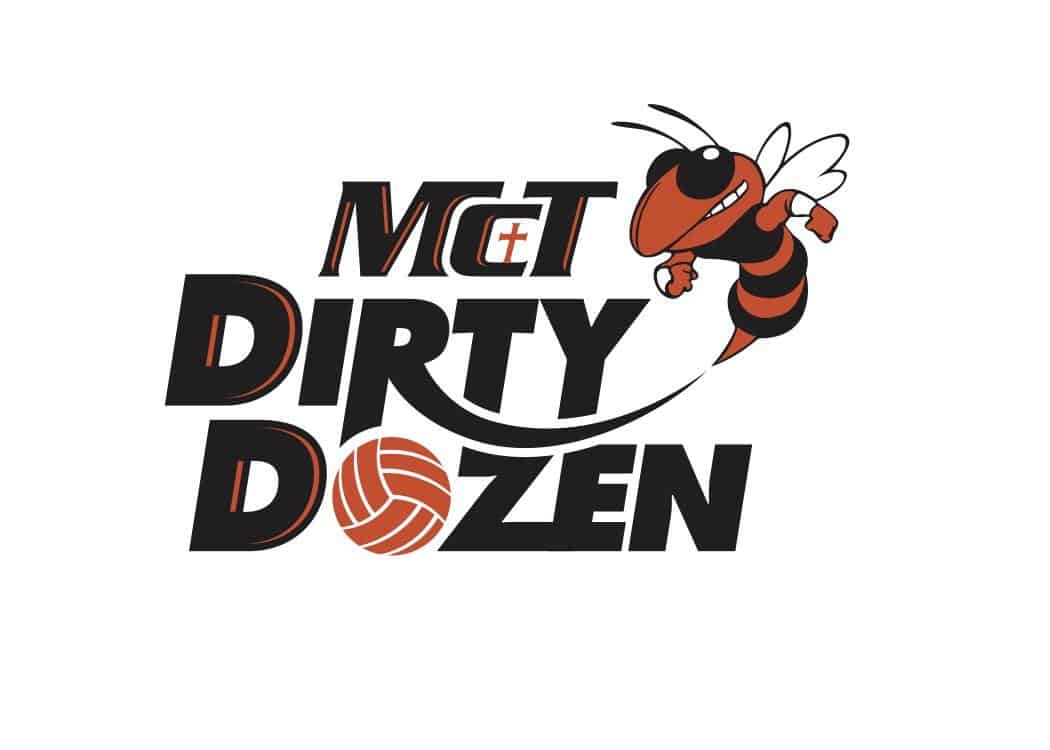
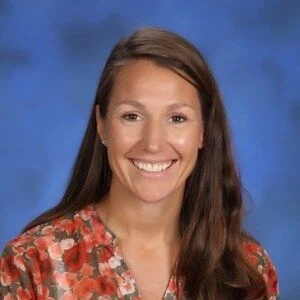
Biography for Kate Wood
Kate Wood is entering her tenth season as the Head Coach of McGill-Toolen Catholic’s ‘Dirty Dozen’ Women’s Volleyball Team. In the nine years under her leadership, the team have qualified in the top four three times, finished runners up three times, and won three state championships. For two consecutive seasons in 2017 and 2018, the most prestigious award in the state, the Player of the Year Award, came from the McGill-Toolen team. As an elite volleyball player herself, Kate was a member of the 1st All District and Area team 3 years running, where she received many awards including Newcomer of the Year in 1992. She attended Troy University on a volleyball scholarship as a middle blocker. Kate later returned to her alma mater, Lamar High School, as Junior Varsity Coach in 2008 and was promoted to Head Coach just one year later. This was just the beginning of her influential coaching career.
Where to from here?
If like Kate, you play a pivotal role in the development of your athletes, we encourage you to access our online library of free resources. If our what you read sparks an interest, or we can help you perform at your best, don’t hesitate to reach out and contact us!
LOVE THIS ARTICLE?
DOWNLOAD YOUR FREE, PRINTABLE PDF COPY BY FILLING OUT THE FORM BELOW!
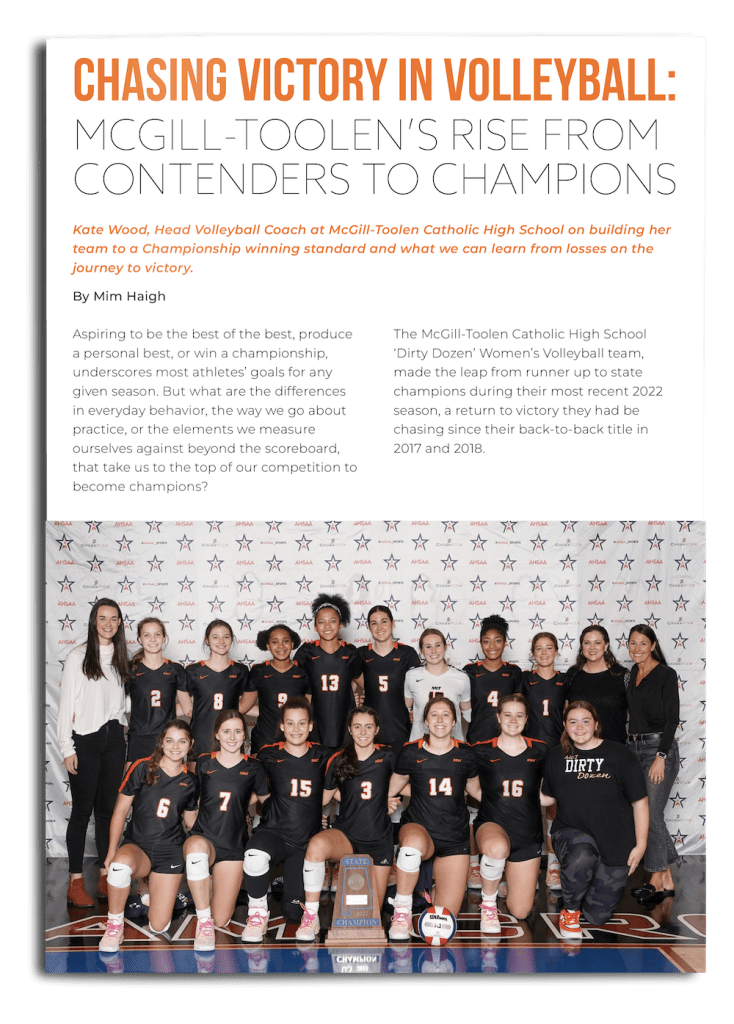
Recommended Articles
Founder of Athlete Assessments, Bo Hanson, sits down with Mississippi State Volleyball Head Coach, Julie Darty Dennis, and Director of Student-Athlete Leadership Development at the University of Michigan, Brian Townsend, to get the ‘how-to’ from the experts in athlete leadership.
‘Communication is the response we get.’ It’s an interesting concept, which becomes even more interesting when we think about this in action. Thinking back to the last time somebody misinterpreted our words or misunderstood what we were saying, the chances are that we don't have to think back too far. The challenge is, how do we ensure we minimize how often this scenario occurs, who takes responsibility for it happening, and importantly, rectify it for the future.
By Bo Hanson - 4x Olympian, Coaching Consultant & Director of Athlete AssessmentsAt the recent 2009 Evolution of the Athlete Conference in Brisbane Australia, Athlete Assessments conducted a survey of participant coaches from Australian and New…


